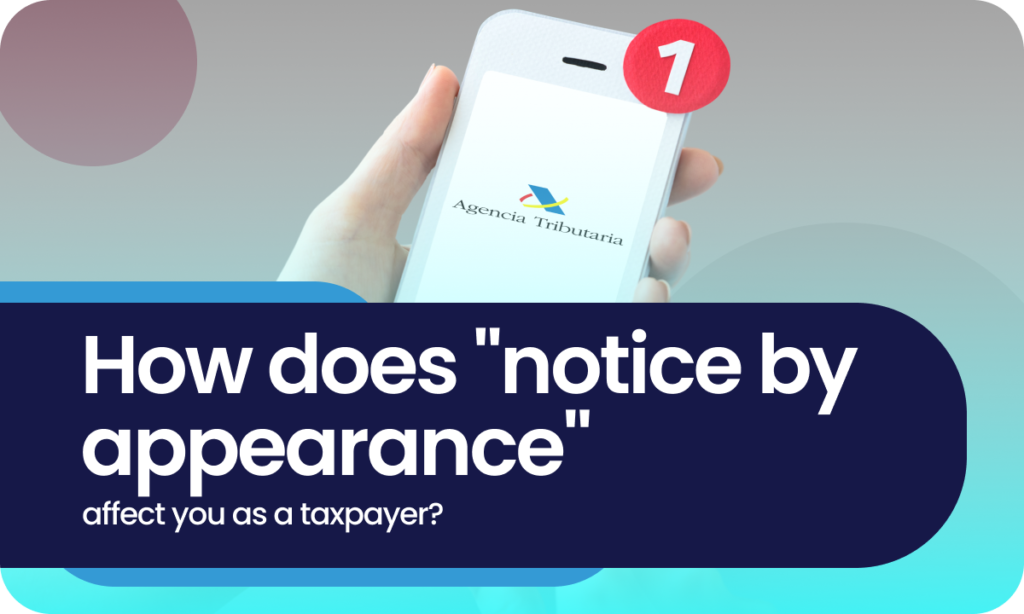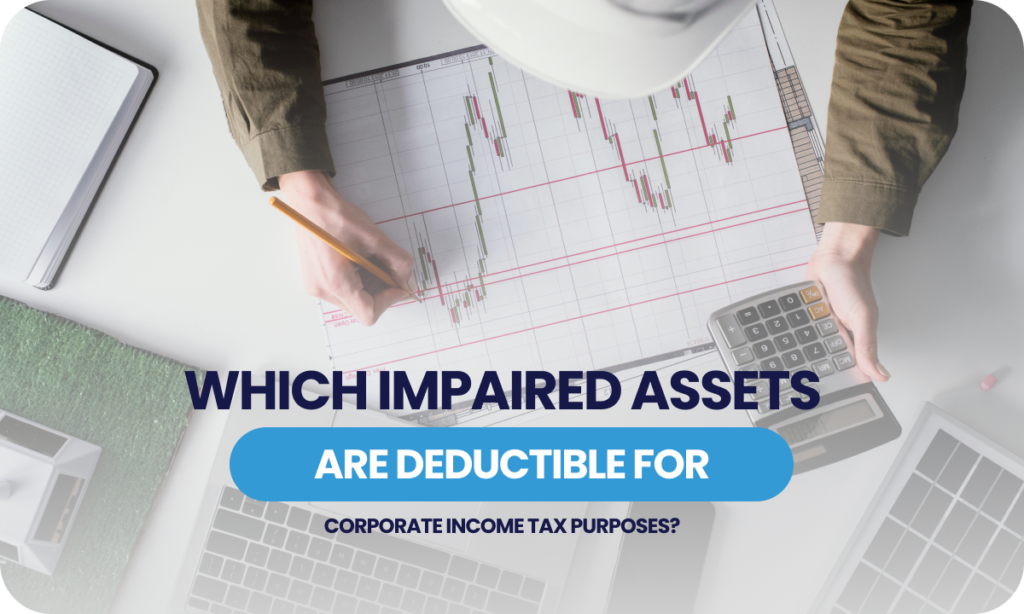How does the input VAT deduction for real estate supplies work?

Understanding the VAT deduction is essential to optimize your taxes. In the field of real estate supplies in Spain, the input VAT deduction plays a fundamental role. Do you want to know how it works and how you can make the most of it? Read on to discover effective strategies and key tips to help you optimize your tax deductions.

Understanding the VAT deduction is essential to optimize your taxes. In the field of real estate supplies in Spain, the input VAT deduction plays a fundamental role. Do you want to know how it works and how you can make the most of it? Read on to discover effective strategies and key tips to help you optimize your tax deductions.





















